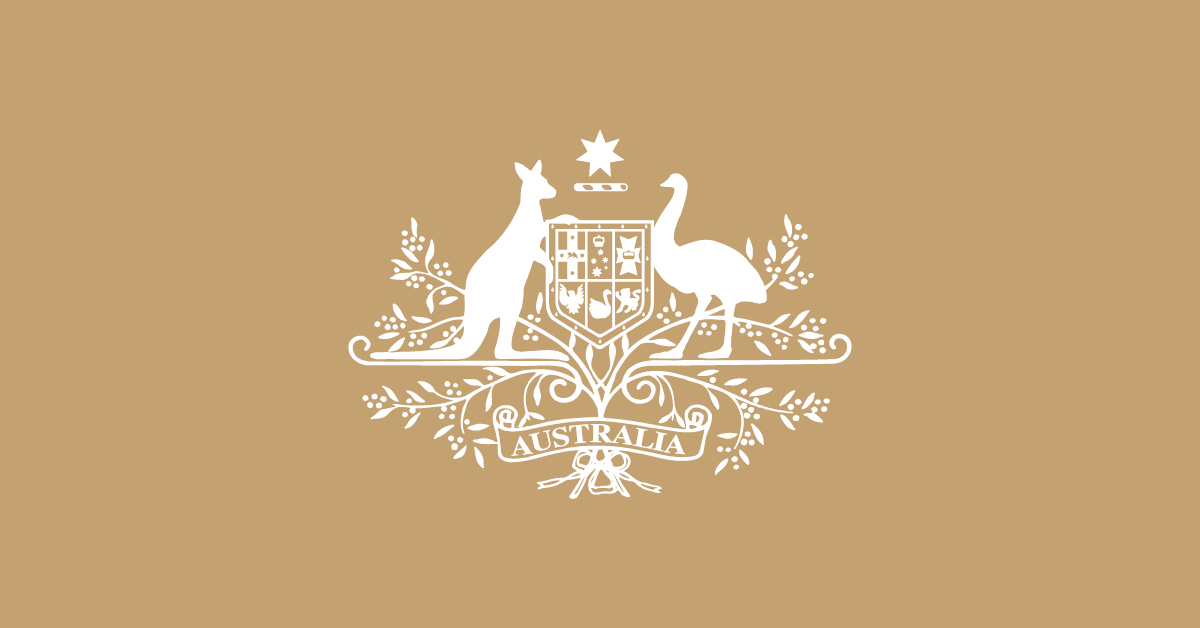
Interview – ABC RN Breakfast
SALLY SARA, HOST: But first, West Australian police have stopped short of labelling a stabbing in Perth at the weekend as a terrorist attack though the 16-year-old boy involved who was shot dead by police had been part of a program to counter online deradicalisation since he was 14. The Countering Violent Extremism program, or CVE, was based on some of the work of the Federal Youth Minister Anne Aly, who joins me now.
Minister, welcome back to RN Breakfast.
MINISTER ANNE ALY: Thank you, Sally. It’s great to be with you this morning.
SARA: I think for a lot of listeners there’s not an understanding of what these deradicalisation programs are and what happens. How do they work?
ALY: They work differently for different individuals, depending on the individual’s needs, depending on the mobilisers of their radicalisation, depending on the process of their radicalisation, depending on the social situation in which the individual is in. So, it’s really difficult to say this is how it works because it’s not – there is no one size fits all. There are general principles about how you go about re-engaging a young person in particular, away from a violent or radical ideology based on research, and that research is primarily around why people have left ideologies but also around the kind of the psychological supports as well as the social supports that work with young people who are experiencing perhaps mental health changes or other kinds of challenges in their, in that that critical time of their life.
SARA: You worked as an expert in counter extremism and deradicalisation. What does the evidence show as to some of the approaches that can work, that have worked here or elsewhere?
ALY: I think the principles are basically the same. The approach has to be about re‑engaging the young person. Often times when young people become – you know, go down that kind of rabbit hole of radicalisation they become disengaged from their families, from their friends, from the things they used to do, particularly if they go down these echo chambers online where they’re constantly consuming and looking and searching out for and partaking in online content that is radicalising in nature, right, radicalising online content.
So, you know, so re-engaging them by, you know, getting them into things that they used to be interested in, working with the families to re-engage the young person, mentoring them, counselling them. Where it’s appropriate you might bring in religious leaders, for example. But really talking them – it really is about, you know, navigating them through this period in their life which for many will not go on to mean that they go on to commit a violent act, but navigating them through this period in their lives and sending them on a path away from violence.
SARA: This case in Western Australia and, of course, the case of a church – a stabbing at a church in south western Sydney, are these raising concerns that perhaps these deradicalisation programs are not reaching the right people and/or they’re not effective?
ALY: Look, I think that, you know, we’re always reviewing, as we should, practice in this space. But I will say that these programs work. And I say that because I have seen them work – personally seen them work. And so, I don’t think that – you know, that we should be holus bolus going, “Oh, these programs don’t work,” and walking away from them. The fact is that where they don’t work, we – that’s unfortunately when we hear about them. Most of your listeners will go about their every day and probably didn’t even know that these programs existed. And so, we don’t know that they’re even there and we only ever see them where they don’t work. But for the vast majority they do work.
SARA: How do you deal with when there are concurrent issues of radicalisation and concerns about mental health issues in a young person? And where does one start and the other stop?
ALY: That’s such a good question – such a good question, Sally. Because, you know, some of the research that I did back when I was looking at this as a professor was really looking into the history of particularly young violent actors and going into their – as much as I could, as an academic – going into their histories to see if there were any kinds of incidences of aggression or violence in their history, any kinds of mental health issues in their history. And it was pretty astounding to find that for a lot of them there were – there was this history, but it was never really explored or spoken about. It’s like when someone commits a terrorist act that’s all they ever become. And so, we kind of don’t really look at the pathway that led them there and what were some of the other factors.
It’s difficult to kind of extricate or, like, pull apart mental health and radicalisation. But, you know, one of the key components of working with young people in this space is to have a psychologist involved or a counsellor involved so we can deal with those issues as well. But recognising that it’s not just one or the other – it’s an amalgam of both as well as other factors.
SARA: Let’s briefly go to a very different issue now – the government today is releasing the early learning strategy that you’ve been working on as Minister. There’s a lot in there about consulting with and supporting families and children, empowering them. Exactly how much money is attached to this strategy, Minister?
ALY: Well, the strategy, the Early Years Strategy, that we’re releasing today, we started working on this – well, initiated it, I guess, about a year ago, February of last year. And we brought together 100 experts to come together and think about those first five years of a child’s life and what’s needed in those first five years of a child’s life.
So just to give some context, we know that those first five years, you’ve got 90 per cent of brain development happening in those first five years. This is about the government recognising if you get those first five years right, you’re pretty much setting up Australian children to thrive into their childhood, adolescence, and adulthood. But in order to do that you have to have a holistic child‑centred approach.
So, the strategy is a 10-year strategy; there are three action plans to it. And, you know, a lot of the things that we’re already doing are included in the strategy. So, it’s not so much about funding new programs but it’s about looking at how we bring together and work together to have that holistic approach to those – that early childhood development.
SARA: Is there any new money attached to this strategy?
ALY: Well, there’s no new money at the moment attached to it. That’s not to say that there might not be in the future. But there’s no new money attached to it at the moment. The key here, though, is not new money; the key here is how – understanding that a child’s health, physical health, is not – is just as important as their education, is just as important as their mental health, is just as important as the parenting situation in helping them thrive and develop. And so how do we break down government silos, bureaucratic silos, put the child at the centre, get the voices of children and parents and experts and practitioners in having this holistic approach to child development. This is actually the first time this has been done at the federal level.
SARA: Minister, we’ll need to leave it there. Thank you for your time this morning.
ALY: My pleasure. Thank you, Sally.
SARA: That’s the Minister for Youth and Early Childhood Education, Anne Aly.


